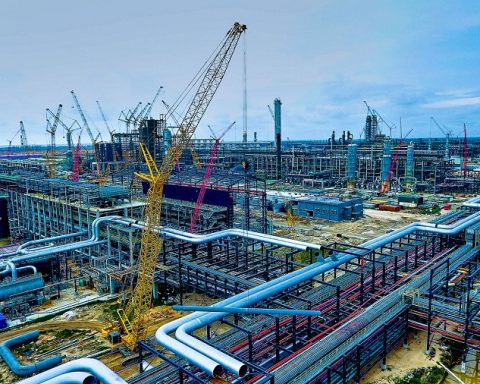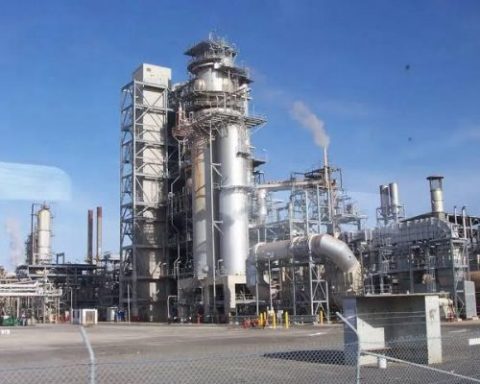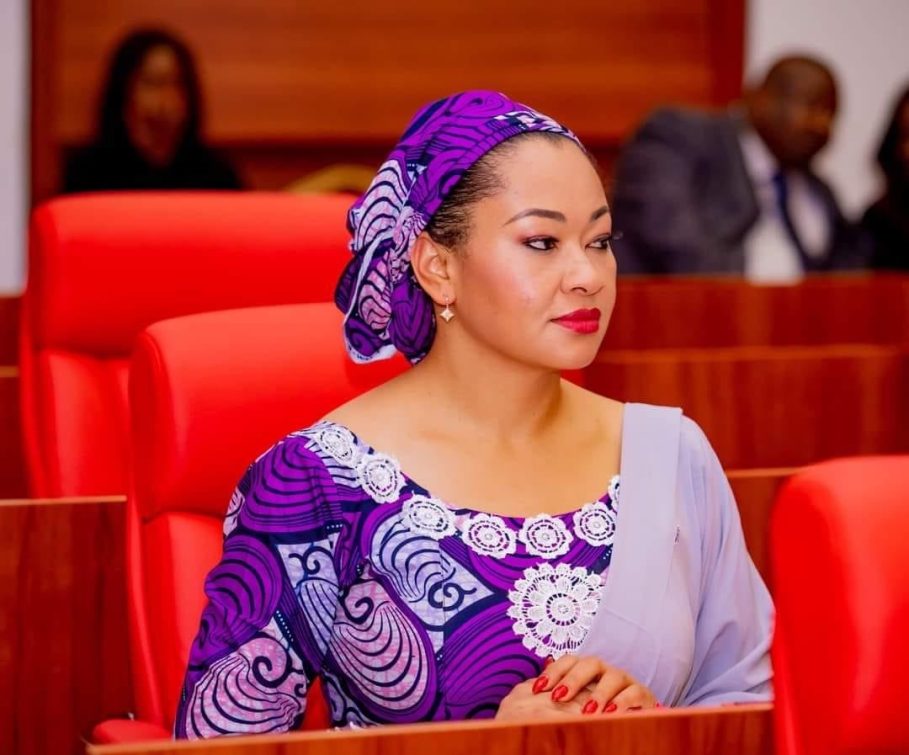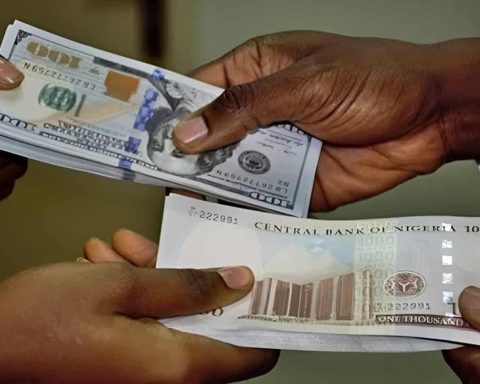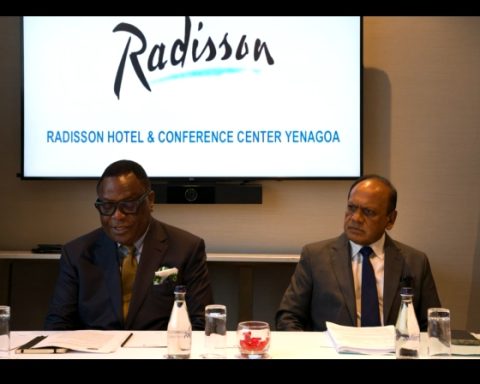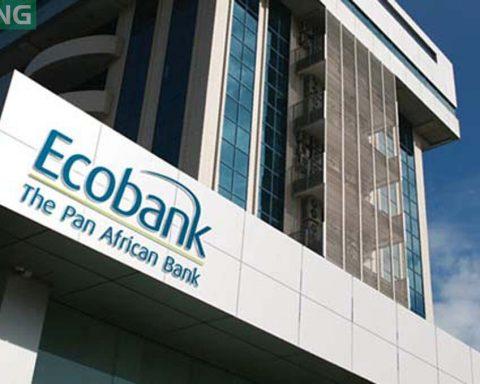The Dangote Petroleum Refinery has announced plans to reintroduce its suspended N5 per-litre fuel discount scheme for strategic partners, following a temporary halt due to reported infractions by some marketers.
The discount scheme was suspended on 13 July 2025, after investigations revealed that some affiliate marketers and strategic partners were diverting subsidized fuel to unregistered third parties for profit.
Join our WhatsApp ChannelThe refinery observed that the diverted products were frequently offered for sale at market prices that were significantly higher than the agreed-upon subsidized prices.
These marketers resold products at market rates (e.g., ₦819/litre) instead of the agreed subsidized price (₦815/litre), undermining the scheme’s goal of affordability and nationwide distribution.
This prompted the suspension of the scheme as communicated in a letter dated 13 July 2025, signed by the Group Executive Director-Commercial Operations, Fatima Dangote.
However, in a latest update, a senior official of the refinery, according to a report by the Punch, said the scheme would be reintroduced very soon in a more transparent and structured format to prevent abuse.
The revised plan, according to the official, aims to ensure compliance while maintaining support for registered marketers.
Market Competition
Non-affiliated depots adjusted prices to align with Dangote’s rates, such as dropping from ₦835 to ₦820/litre, despite not benefiting from the subsidy.
The 650,000 barrels per day refinery had maintained that despite putting a pause to the ₦5 discount, its strategic partnerships remain intact. It also introduced concessions, such as honouring pre-suspension payments and Product Release Notes (PRNs) at discounted rates.
Future Initiatives
Dangote is concurrently rolling out a nationwide direct-distribution scheme from 15 August 2025, deploying 4,000 CNG-powered tankers to bypass intermediaries and reduce logistics costs for retail marketers. The project, which is expected to cost Dangote refinery over ₦720 billion, is expected to save Nigerians over ₦1.7 trillion annually.


